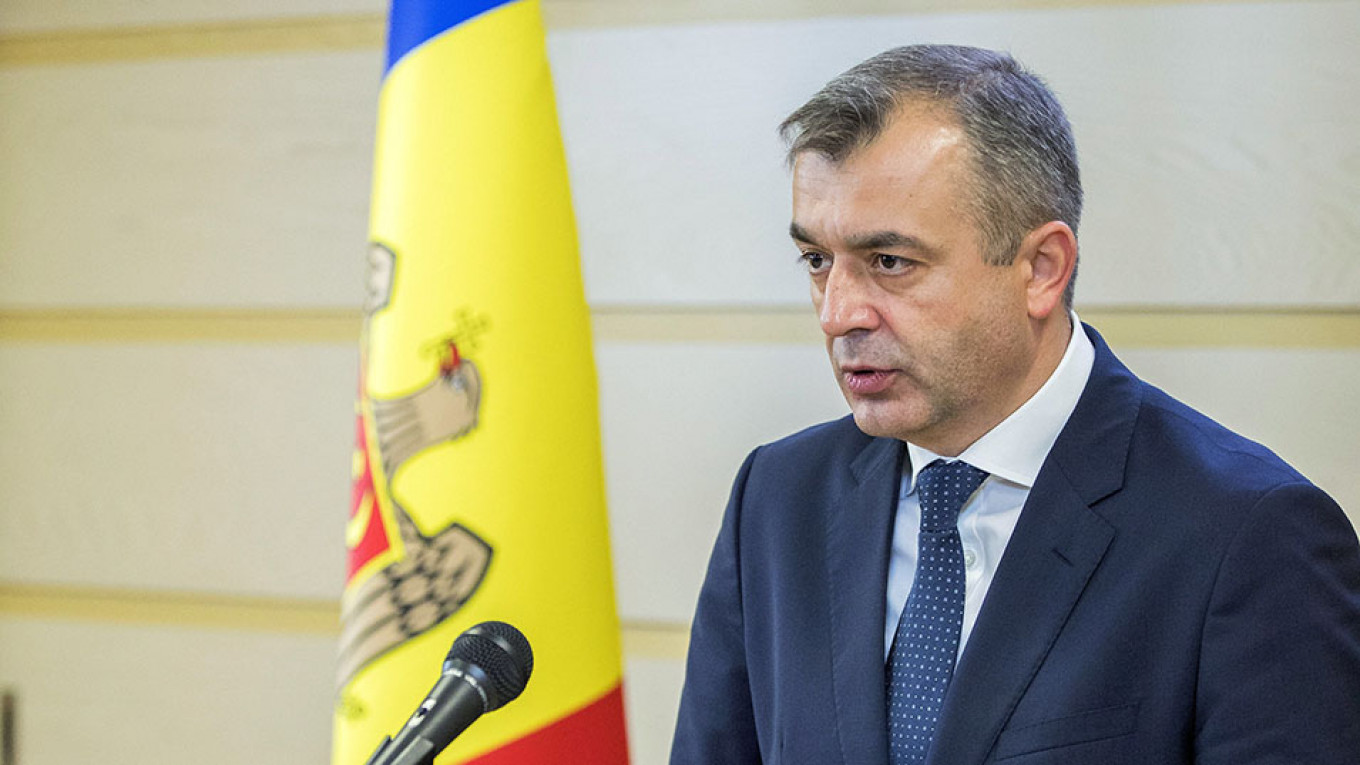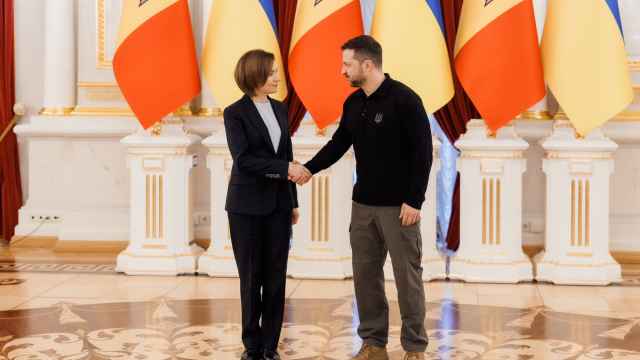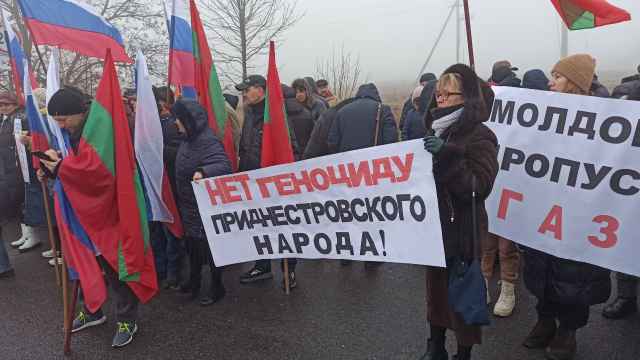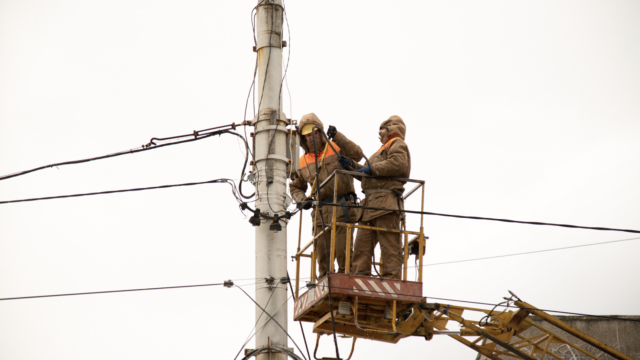Moldova's new prime minister on Tuesday raised the possibility of a "pause" in its cooperation with the International Monetary Fund, a day after he said his ex-Soviet republic was negotiating a $500 million loan with Russia.
Ion Chicu's comments and actions, including a trip to Moscow last week, suggest a likely pivot back towards Russia after Moldova's previous pro-Western government was felled by a no-confidence vote on Nov. 12, just five months after it took power promising to fight corruption.
Chicu's minority Socialist government wants to raise pensions and salaries ahead of a presidential election next year. President Igor Dodon is a former Socialist Party leader and also a strong supporter of closer ties with Moscow.
"We consider any cooperation with external partners through the prism of Moldova's national interests. We are committed to investing a significant amount of money in the social sphere," Chicu told N4 television channel.
"If the IMF shows flexibility, we will continue to cooperate with it. If there is no such flexibility, then we do not exclude the possibility of a pause in our cooperation," he said.
Moldova has already received $157 million out of $182 million under a three-year IMF program which expires in 2020.
Chicu, a former finance minister, announced on Monday that Moldova, one of Europe's poorest countries, was negotiating a loan with Russia following his talks in Moscow with Russian Prime Minister Dmitry Medvedev.
Moldova, sandwiched between Ukraine and Romania, signed a political and trade accord with the European Union in 2014, but membership of the bloc remains a remote prospect, and Russia is keen to restore its influence in ex-Soviet republics.
The tiny country of 3.5 million people has lurched from crisis to crisis since the disappearance of $1 billion from its financial system in 2014, which tarnished the reputation of its political class.
A Message from The Moscow Times:
Dear readers,
We are facing unprecedented challenges. Russia's Prosecutor General's Office has designated The Moscow Times as an "undesirable" organization, criminalizing our work and putting our staff at risk of prosecution. This follows our earlier unjust labeling as a "foreign agent."
These actions are direct attempts to silence independent journalism in Russia. The authorities claim our work "discredits the decisions of the Russian leadership." We see things differently: we strive to provide accurate, unbiased reporting on Russia.
We, the journalists of The Moscow Times, refuse to be silenced. But to continue our work, we need your help.
Your support, no matter how small, makes a world of difference. If you can, please support us monthly starting from just $2. It's quick to set up, and every contribution makes a significant impact.
By supporting The Moscow Times, you're defending open, independent journalism in the face of repression. Thank you for standing with us.
Remind me later.







